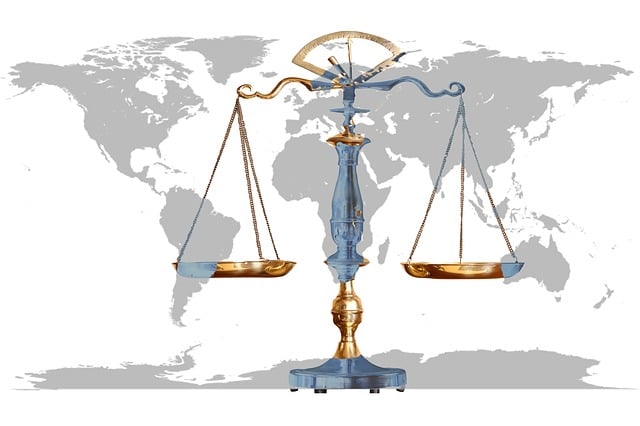In Oregon, "understanding family law" includes recognizing and protecting grandparent rights, enabling them to maintain significant relationships with grandchildren. Grandparents can petition for visitation or custody if they demonstrate a substantial interest and it's in the child's best interests. Laws like ORS 109.057 and ORS 109.122 govern these rights, ensuring grandparent-grandchild bonds flourish alongside parental responsibilities, especially during challenging family situations.
In Oregon, family law regarding grandparent rights plays a pivotal role in fostering strong intergenerational bonds. This comprehensive guide provides an in-depth overview of grandparent rights, offering crucial insights for those navigating this aspect of family law. We explore key definitions, the legal framework based on Oregon’s statutes, and influential court cases. Additionally, we detail the steps to establish grandparent rights, potential challenges, and available defenses. Understanding these aspects is essential for both grandparents seeking access and parents safeguarding their parental rights in Oregon family law.
- Oregon Family Law: Grandparent Rights Overview
- – Definition of grandparent rights in Oregon
- – Legal basis and relevant statutes
Oregon Family Law: Grandparent Rights Overview

In Oregon, family law regarding grandparent rights is a crucial aspect of ensuring strong family connections and preserving relationships between grandparents and their grandchildren. Understanding Oregon Family Law is essential for grandparents seeking access or visitation with their grandchildren. The state recognizes the significant role that grandparents can play in a child’s life and has established laws to protect these rights.
Oregon allows grandparent visitation under specific circumstances, focusing on what’s best for the child. Grandparents can petition the court for visitation if they can show a substantial interest in the grandchild and that it’s in the child’s best interests to maintain a relationship with them. These laws provide a framework for families to navigate complex situations, ensuring that grandparent-grandchild bonds can thrive while also considering the primary responsibility of parents.
– Definition of grandparent rights in Oregon

In Oregon, grandparent rights refer to the legal entitlements and opportunities for grandparents to maintain a significant relationship with their grandchildren. This is often a crucial aspect of understanding family law in Oregon, as it balances the interests of both families and extends beyond traditional parental rights. Grandparents’ rights can include visitation, custody, and access to important family decisions regarding their grandchild’s upbringing.
The state recognizes the value of familial bonds and strives to protect them through various legal mechanisms. These rights are typically addressed in cases where parents may be unable or unwilling to care for their children, prompting grandparents to step up and play an active role in their grandchildren’s lives. Understanding family law in Oregon involves recognizing these grandparent rights as a vital component in ensuring the best interests of the child are considered.
– Legal basis and relevant statutes

In Oregon, grandparent rights are governed by specific family law statutes that provide a legal framework for ensuring familial connections. Key relevant laws include Oregon Revised Statutes (ORS) 109.057 and ORS 109.122. These statutes outline the circumstances under which grandparents may seek visitation or custody of their grandchildren, offering guidelines for what constitutes reasonable access and providing a legal basis for court intervention when parental decisions unduly restrict grandparent-grandchild relationships. Understanding family law in Oregon is crucial for both grandparents and parents to navigate these rights effectively. By familiarizing themselves with the relevant statutes, individuals can better advocate for their interests or those of their children, ensuring that grandparent-grandchild bonds are preserved as much as possible within the legal framework.














